Are algae the next climate savior? GCRC investigates!
18.07.2023Macroalgae or seaweed are dominating rocky coastlines globally. Even here in Greenland, we can see small kelp such as the ..
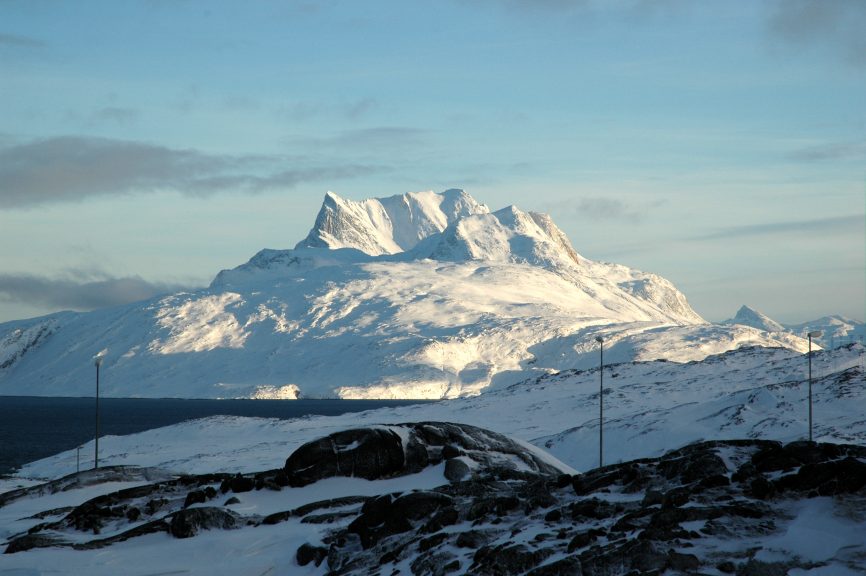
To apply for courses in the Arctic Science Study Programme (ASSP), please complete the “Student Information” form below. After submitting the completed form you will receive an e-mail with details on how to proceed with register for the courses and other practical information.
The ASSP offers graduate (masters) and PhD level courses. The courses in spring form one full semester (30 ECTS). Applicants applying for a full semester are given priority, however, it is possible to apply for single courses. You can find more information about the courses under Arctic Science Study Programme (ASSP).
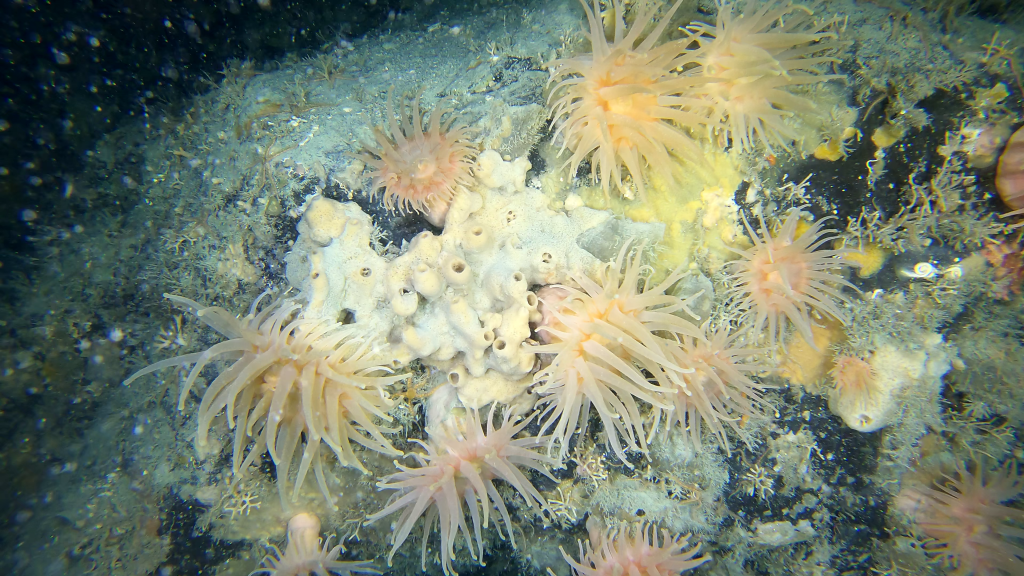
The Greenland Climate Research Centre and the Greenland Institute of Natural Resources have received funding of DKK 17.2 million for the project “Monitoring Greenland’s Benthic Ecosystems” from the “Green Growth” program (Partnership Agreement EU/GL).
The project is an intensified four-year effort to map and monitor seafloor communities in Greenland. This significant support will enable in-depth analysis of the biodiversity and function of seafloor communities, contributing to better natural resource management and green development in the area.
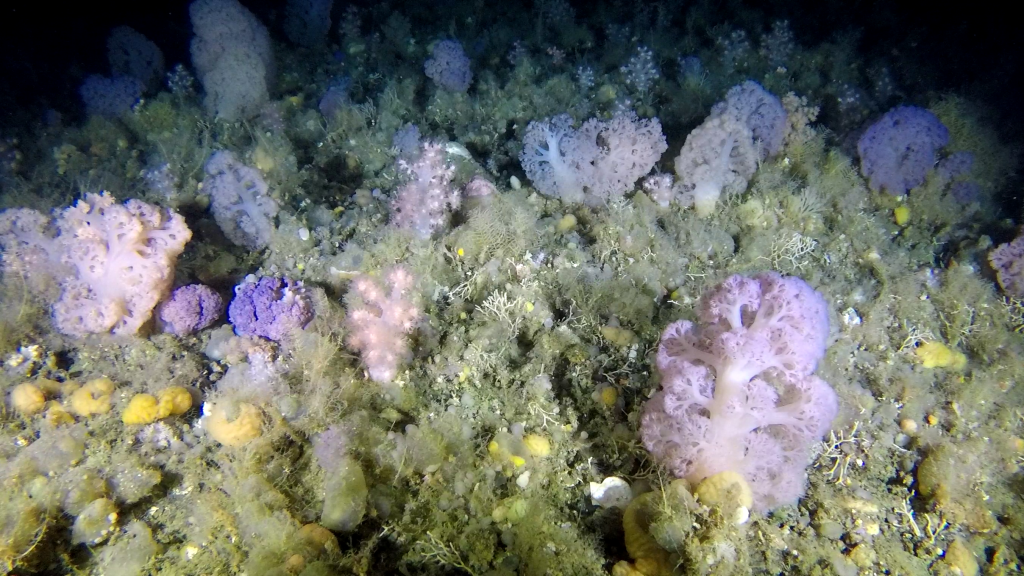
Project leader and researcher Nadescha expresses excitement: ” This funding will allow us to focus our studies into areas that have so far remained unexplored and look at the whole ecosystem from bathymetry to geology to the actual biology which will help us to make much more accurate predictions about which areas on the Greenlandic seabed are particularly important..”
This four-year initiative aims to consolidate and expand the program for mapping and monitoring seafloor communities in Greenland. Seafloor (benthic) communities are an integral part of the marine ecosystem and economy of Greenland, yet very little is known about them. Greenland’s coastline is dominated by largely unexplored fjord systems, its continental shelf harbours a variety of unmapped pristine and diverse ecosystems, such as coral gardens and mudflats and life in its deep abyssal plains remains a mystery. The little we do know shows that these benthic communities are highly productive and sustain large fisheries for prawn and halibut. Simultaneously, pristine polar marine seabeds contribute to mitigating climate change, as they can store a substantial share of the carbon that the ocean takes up from the atmosphere (Blue Carbon Habitats). Yet, they are vulnerable to intense bottom trawling, potential mineral exploitation, and the particularly rapid climate change in the Arctic. A better understanding of benthic diversity and functioning is needed for effective and sustainable resource- and nature management.
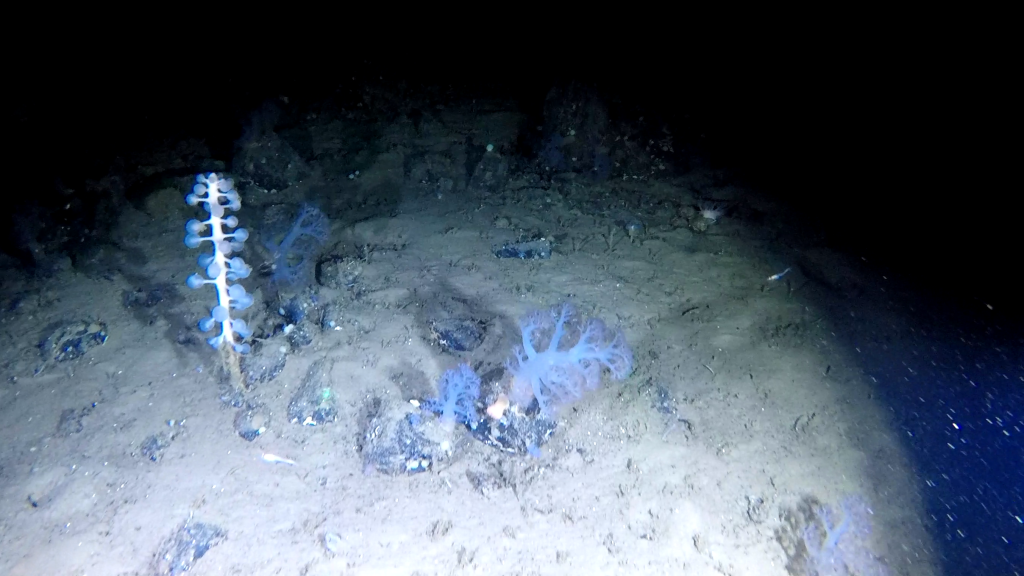
This grant allows us to map and understand our marine environment better, and we are grateful for the opportunity to collaborate on this important initiative. Greenland’s seafloor is our treasure trove. But we know more about the moon than we do about the seafloor. Our project will take us on a journey to map and understand the various life forms that exist beneath the surface of the sea, says Mie Winding, head of the Greenland Climate Research Center.
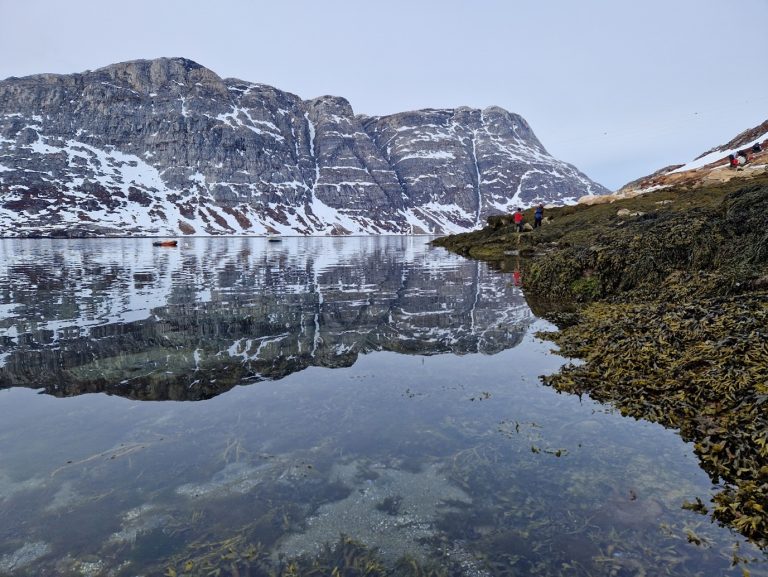
Macroalgae or seaweed are dominating rocky coastlines globally. Even here in Greenland, we can see small kelp such as the ..
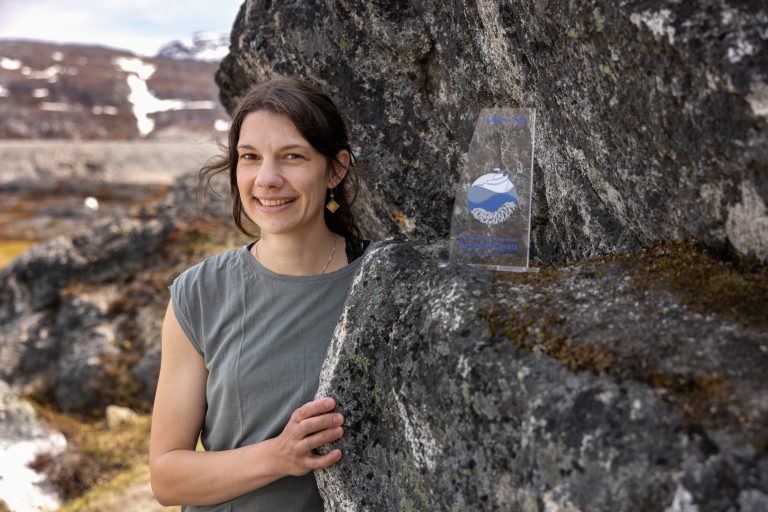
The dark, cold deep sea harbors many unseen treasures, one of which is corals that most people only associate with ..
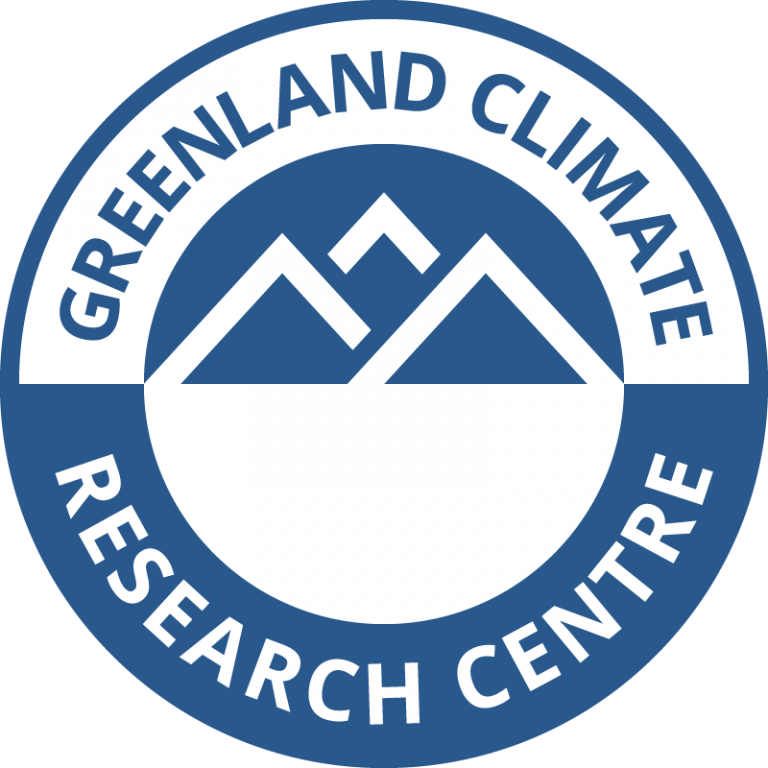
The Greenland Climate Research Centre (GCRC) at the Greenland Institute of Natural Resources invites applicants for a 2-year full time ..